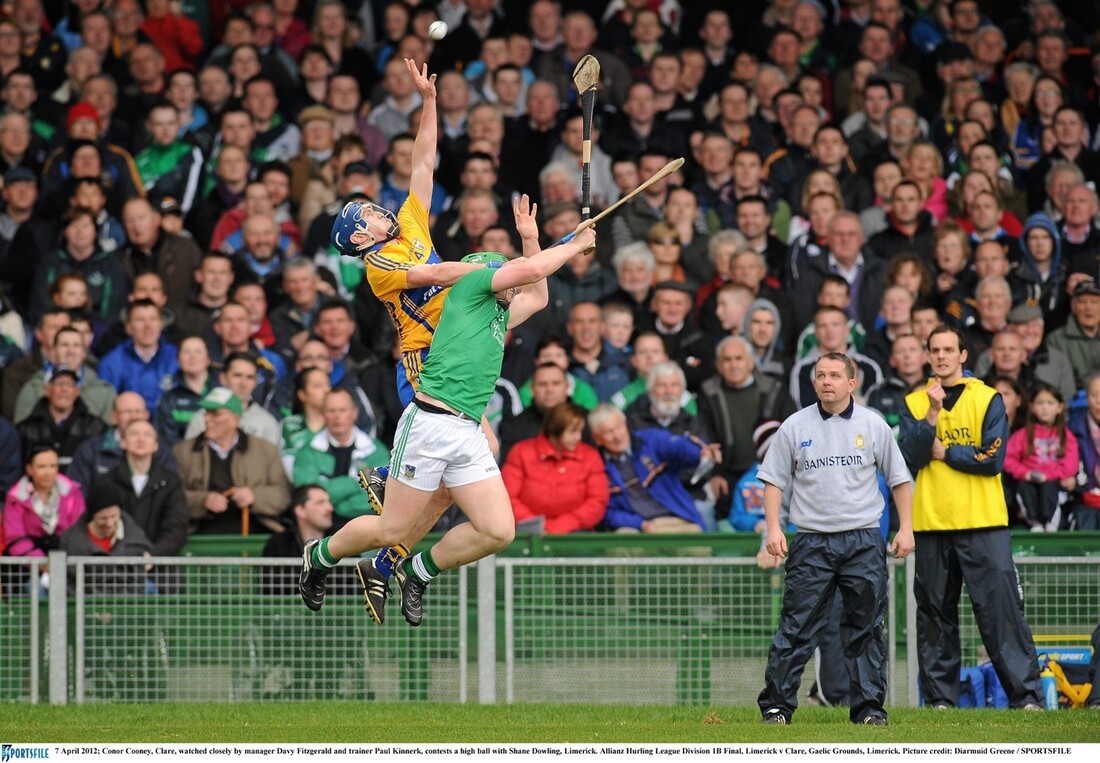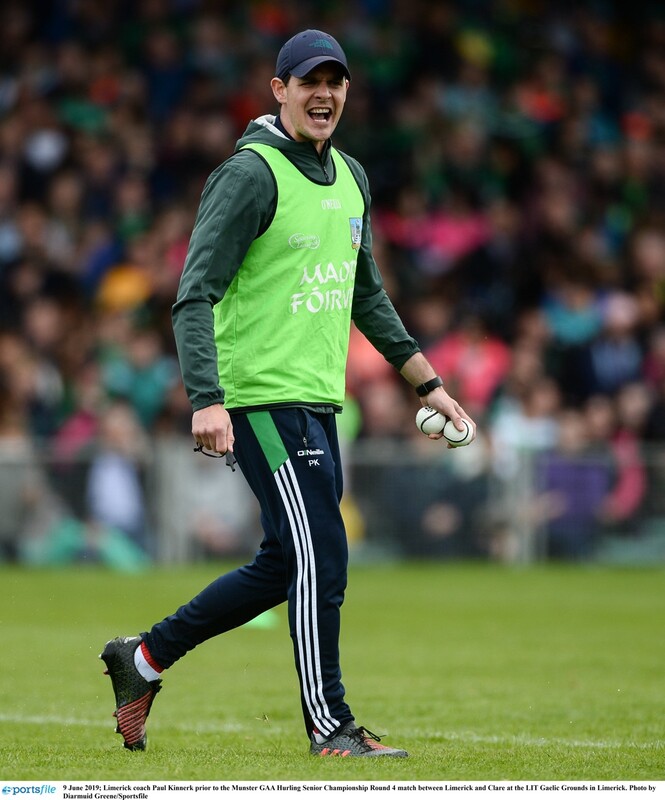University of Limerick
Email: [email protected]
Twitter: @kearney_phil
ORCID: http://orcid.org/0000-0003-3425-663X
Researchgate: https://www.researchgate.net/profile/Phil_Kearney
Google Scholar profile: https://scholar.google.co.uk/citations?user=ZFggoBgAAAAJ&hl=en
So they would have originated from my experience as an undergraduate student in Physical Education in the University of Limerick. I was lucky at the time to receive excellent teaching on game-based approaches such as Teaching Games for Understanding from my lecturers within the University and the whole aspect of coaching through games and the story that the lecturers generated really appealed to me. So the approach of identifying an area to be addressed that was tactically focused, and then the creation of sophisticated games to address that tactical problem and how they were reduced in difficulty or increased in difficulty, the use of conditions to be exaggerated; for me that was a style of coaching that I hadn't been privy to before that and I really thought it was the way forward in coaching.
You mentioned there that this was new to you; you hadn't really experienced this kind of approach through your playing career and coach development up to that point. How common do you think this game based approach was within Gaelic games in Ireland at that time?
So at that time I believe Gaelic games was very traditional in how skills were taught and there was very much a focus on developing skills in isolation and then applying these skills in a game context at the end of sessions. Now, there were exceptions to that, and I had some coaches that actually coincided with my experience as an undergraduate student, such as Cian O'Neill and Donie Buckley, whose coaching approach would have been strongly aligned with game-based approaches. That happened coincidentally and simultaneously with my experiences as an undergraduate. I was receiving my Physical Education teacher training in in game-based approaches and then also experiencing that teaching on the training pitch as a player as well, so I really got a great appreciation for it. I was very fortunate from that point of view. But going back to your original question, those coaches would have been the exception rather than the norm at that time.
Beyond taking these ideas and implementing a game based approaches into your coaching, you went a step further than most people do, and you went and did a PhD on game based approaches. Please talk us through the reason for doing further study
So my reasons for undertaking the PhD were multifaceted. Firstly, I had a desire to educate myself further on this area. I was coaching at a high level prior to undertaking the PhD and I was applying what I would have felt were a lot of the key strategies within game based approaches but perhaps not having the theoretical underpinning of those strategies and maybe being limited in simply applying games, but maybe not the sophisticated potential that game based approaches might have offered. And I felt that by undertaking a PhD within that sphere I was putting myself in an excellent position to advance my own understanding and expertise within the area, ultimately leading to challenging my coaching approach and extending it further. Equally, I was at that time engaging as a mentor for many coaches and as an advisor within several coaching settings and the speaker at many coach education workshops and conferences. And I found that my expertise in delivering discussions on game based approaches was limited to identifying games that coaches should use, and maybe how to change games, and I think that represented a narrow appreciation for the potential of game-based approaches. And it's something that I was hugely passionate about in terms of coach education, so I felt that a PhD would allow me to progress in that sphere, but also to be a better mentor and to challenge the coaches that I encounter with more information in this area. Ultimately, serving the coaching community, really, would summarize that. And then there was a great desire for me to engage in academic research that I've always had a passion for, going back to the time that I did my undergraduate dissertation. There was always an urge to go back into research and this was an excellent opportunity.
What were some of the key lessons from your research?
My research was made up of two phases. The first phase investigated what is currently taking place in terms of game-based approaches within GAA settings. We found that while some coaches displayed an understanding of some of the key aspects of game-based approaches (GBAs) and demonstrated within their practice some aspects of GBAs, for the majority of coaches, their coaching approach was not strongly aligned with what is advocated in the GBA literature. In phase two we wanted to investigate what would be the benefits of coaches committing to an authentic GBA as advocated within the coaching literature. We found that a season-long GBA intervention improved players’ decision making, and that the players reported favourably on receiving the new coaching approach. Equally coaches, while experiencing difficulties initially and reporting significant commitments and support needed, they did highlight significant benefits to and improvements in their coaching approach as a result of implementing the GBA. So they would have been some of the key findings.
There's something you said that I want to pick up on; you were using game based approaches yourself, but wanted to learn more about the theoretical underpinnings to enhance the sophistication with which you were using games. So, you were aware that there was a theory behind this approach and that there was a more sophisticated way to use games. You talked about many of the coaches you encountered, how they were using aspects of a game-based approach, but they weren't really using it to its full potential. Was there any realization of that previous lack of sophistication from the coaches as a result of your intervention?
Yes, so to quote one of the coaches, they felt that they were using a game-based approach prior to the intervention, or using many of the key elements of a game based approach. But what they soon discovered was that they were “only touching the tip of the iceberg” in terms of the potential of this approach. They soon understood that there was untapped potential in terms of elements that they were using, and elements that they didn't know they could actually use. For example, such as the sequencing of session content. None of the coaches had ever engaged in that element of planning prior to the intervention and how content could be scaffolded to enhance player learning. So, through complex learning theory, which the coaches would have been introduced to, and how learning is active, social and interpretive, the coaches became aware of and used the theory almost as a benchmark within their session planning and within their session implementation to enhance the players’ learning experiences. And that explicit engagement would not have been a process coaches would have engaged in prior to the intervention.
What are your hopes for game-based approaches within Gaelic games in the coming years?
My big hope is that it enters the wider coaching population; that we are able to create a community within coach education so that mentors feel confident and knowledgeable in the key learnings of game-based approaches and that subsequently allows them to educate coaches on the ground. And that we see players receiving that type of coaching as being the norm rather than the exception. There are positive steps being made by the GAA’s coach education in terms of the models being used (e.g., Turas), by the 2017 conference focused on game-based approaches, and so I'm hopeful that that will continue and that we will then see GBAs becoming the norm.




